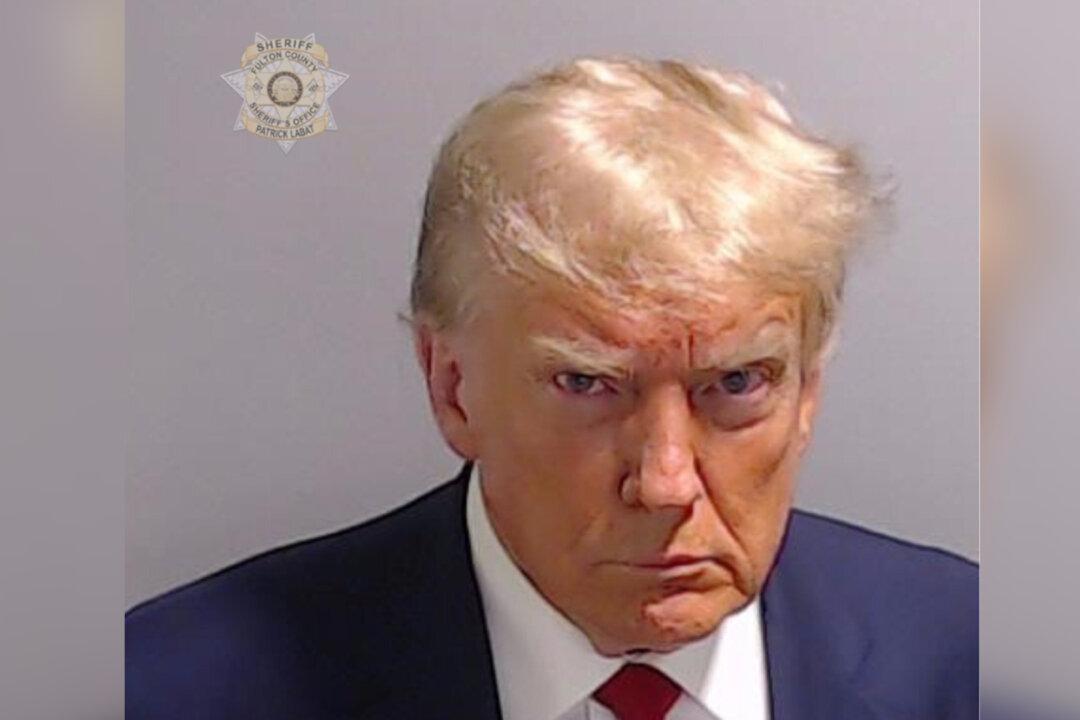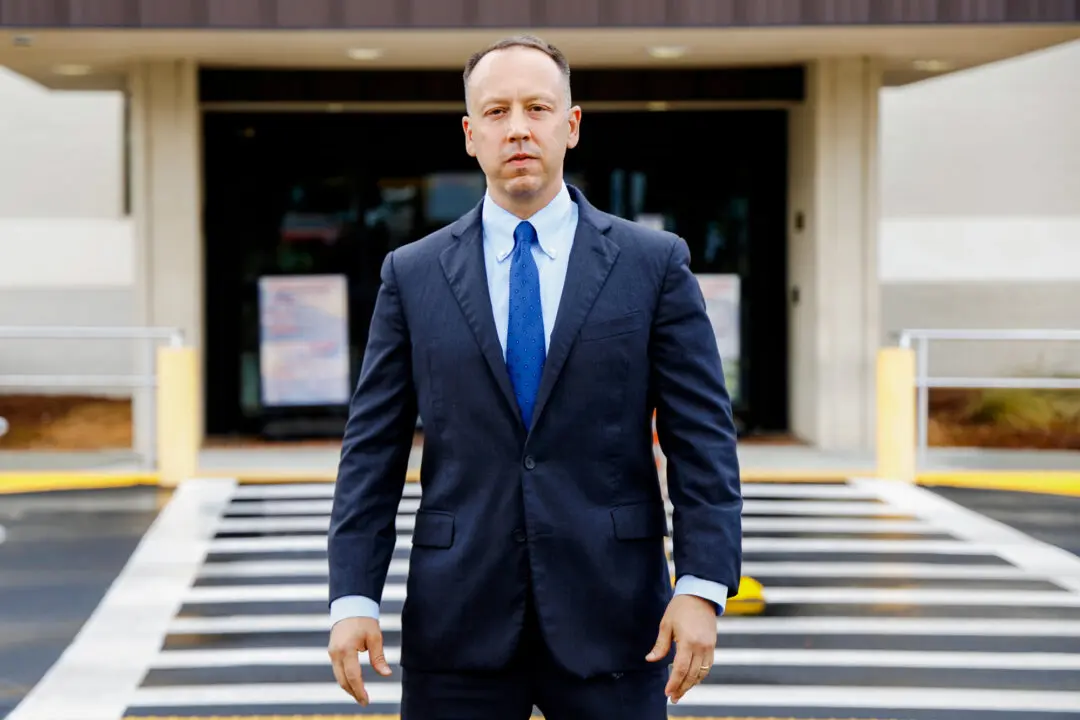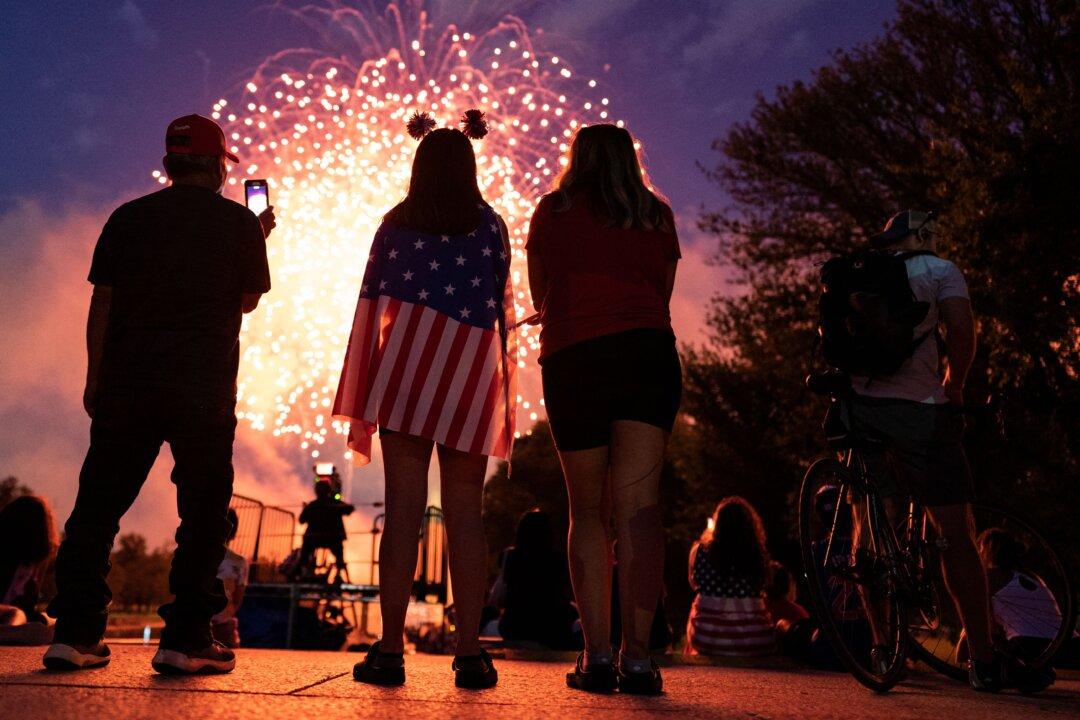Former President Donald Trump’s expression as he glared into the camera that was taking his well-publicized mug shot likely represented more than just a pose devised for use on campaign merchandise, as many have suggested, according to a body language expert.
The position of the muscles on his forehead, around his mouth, and his eyes showed he was on the “cusp of rage,” according to Susan Constantine, author of “The Complete Idiot’s Guide to Reading Body Language.”





